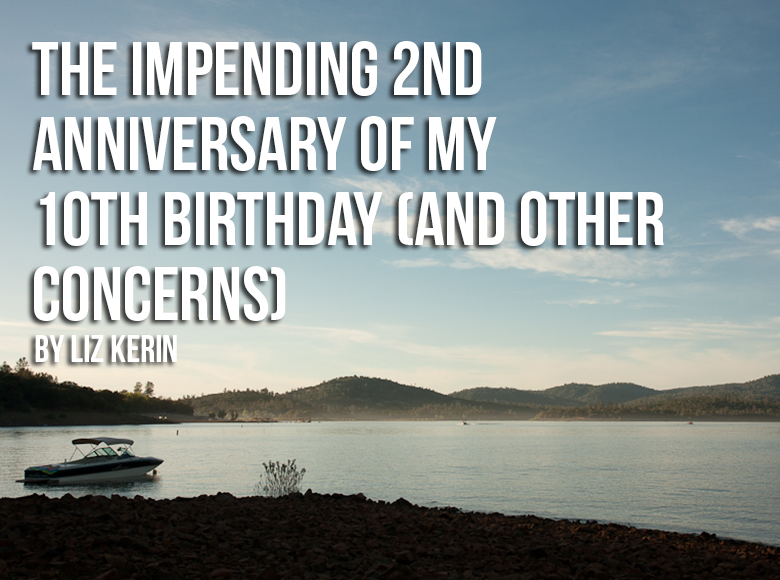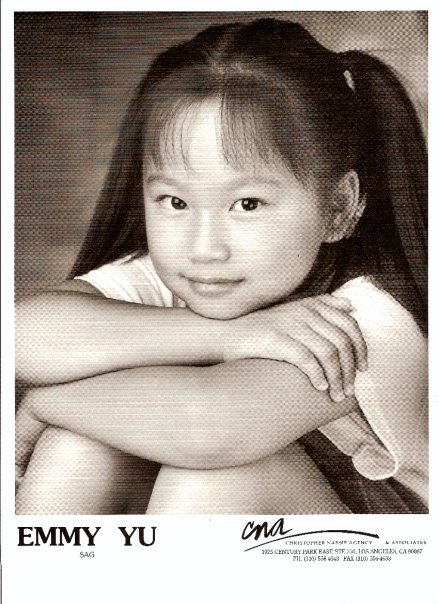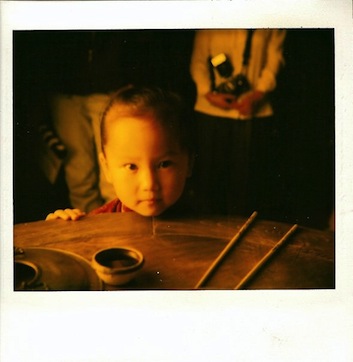My parents got married when they were twenty-two years young. Growing up, for whatever reason, I always knew this to be a fact and I was never informed that twenty-two is actually considered to be on the young side of marriageability. They spoke fondly and often about their blissful road trip out to California and the exciting early days of their careers, both of them riding the tech wave raging across the Silicon Valley to lucrative careers before they hit the big 3-0. To me, twenty-two was the age at which you officially became an adult and were expected to have it together. That’s the way it was for them, so that’s how it was supposed to be. So, when my twenty-second birthday rolled around a few years ago and I found myself newly graduated with absolutely zero job prospects, painfully single, and totally clueless as to how I could possibly ever have “it all”… well, needless to say, I got my quarter-life crisis out of the way early, like a kid who was forced to get chicken pox before starting Kindergarten. But then I got over it. Because I was twenty-two.
I got a dog. And a job. I moved to a new city. I met nice boys. Things have been a-okay. But just when I thought it was safe, just as I’m getting comfortable with where I’m at in life, another milestone on the horizon is ominously creeping into view: my 30th birthday.
Here’s what flips me out about thirty—similar to what flipped me out about twenty-two. It’s this idea that, as I approach that number, I’m supposed to feel differently. I’m supposed to, therefore, do things differently. I’m supposed to approach things with an empowered sense of maturity. But I expect, just like my twenty-second birthday, my thirtieth won’t really usher in any new revelations. But there is one difference between my impending thirtieth birthday and my twenty-second; by the time you’re thirty, you pretty much know whether or not you want to have kids. Right now, I have no idea. And I don’t know what’s going to change (if anything) over the next three years.
My mom was thirty when I was born. I have plenty of friends and acquaintances close to my age with children. I don’t know how I feel about the prospect of having my own kids, but I do know that I’m probably supposed to know by the time I’m thirty.
Sometimes I think that I can’t possibly be the only female in her mid-to-late twenties who has these conflicting emotions about motherhood. But lately I’ve been getting sidelong glances when I broach the subject with my family members and like-minded lady friends. “Oh, you still aren’t sure? If you don’t know by now that you for-sure want to have kids, you probably won’t ever know. I mean, we’re gonna be thirty soon.”
The worst, though, is this exchange:
“I don’t know—maybe I’ll decide in a couple years that I’m just not cut out for the baby-making thing.”
“Awww, I’m so sorry!”
As if I just lost my phone to a tragic back-pocket-toilet-plunkage incident.
Whatever that biological tick-tock is supposed to sound like… I just don’t hear it. And to be honest, it kind of thrills me just as much as it deeply concerns me. It concerns me because I often worry that I’m going to shoot myself in the foot and wait too long if I’m holding out for a very specific emotional impulse (that may or may not even exist—who knows). More than one aunt of mine on more than one occasion has not-so-jokingly suggested that I look into freezing my eggs. But on the flipside, it thrills me because I haven’t tethered my entire future to this impending event. Some recent psychological studies have shown that a lot of women spaz in their late-twenties / early-thirties over their dating prospects and career potential because they are racing against time—against their biological clocks. As in, “Okay, so I’m twenty-six now. I want to have my first child when I’m thirty-one. That means I only have three to five years to meet a solid partner, get the career I want off the ground, save enough cash, buy a house, have a wedding, and SAVE ME I’M DROWNING, BRING ME MY WINE.” But I haven’t enforced that type of expiration date for myself, and to say that that’s liberating would be the understatement of the century. But as my thirtieth looms, I’m terrified that one day I’m going to wake up in the morning and find my entire brain has been rewired, that I will become the kind of woman I fear becoming the most—a woman with a shelf life.
Recently, I voiced these concerns to a few close family members of mine to very unexpected results. The shifty eye-contact, that forcibly gentle tone of voice used to point out to me that children are “who we build our futures for” and the blatant “you’ll get over it in a couple years” were all heartbreaking to me. I wanted them to understand, especially my female family members, that this is a source of serious inner conflict for me. I wanted them to comfort me, to tell me that it would be 100% okay if I decided not to duplicate my DNA to create future generations of freckle-faced perpetually sunburned kids with two left feet and terrible sinuses. I wanted them to hug me and tell me how badass my career would be and how jealous they would be of all the insane traveling I would get to do. Instead, my words fell to the uneasy clink of forks against plates as I broached what I realize now was a painfully uncomfortable topic for them. They all had kids in their early thirties. They had those kids because they wanted them, of course—but twenty-five years (or more) ago, they might have wanted them because they were told that they were supposed to want them. I was questioning that. Apparently, you don’t do that.
But here I am. I’m questioning it and I’m writing about it and I’m putting it on the internet. I’m not an evil barren ice queen with a heart of steel (quite the opposite—I’ve been told I’m more of an Anna than an Elsa, generally speaking). It’s just that I don’t know how I’m supposed to feel about this subject when the clock strikes twelve on my thirtieth birthday. I don’t know if there’s a magical switch in my brain that some mysterious force will pull between now and then. I don’t know if I’m going to start reacting to babies in strollers the same way I react to Corgis wearing raincoats. I don’t know if my relationship with some yet-unknown potential family member is going to dictate all of my decision making for the next five to ten years of my life.
But even though everything I’ve said so far essentially contradicts this—right now, I’m actually pretty okay with not knowing. And I hope that that’s okay. I’ll get back to you in a couple years or so.

Photo by Meaghan Morrison

